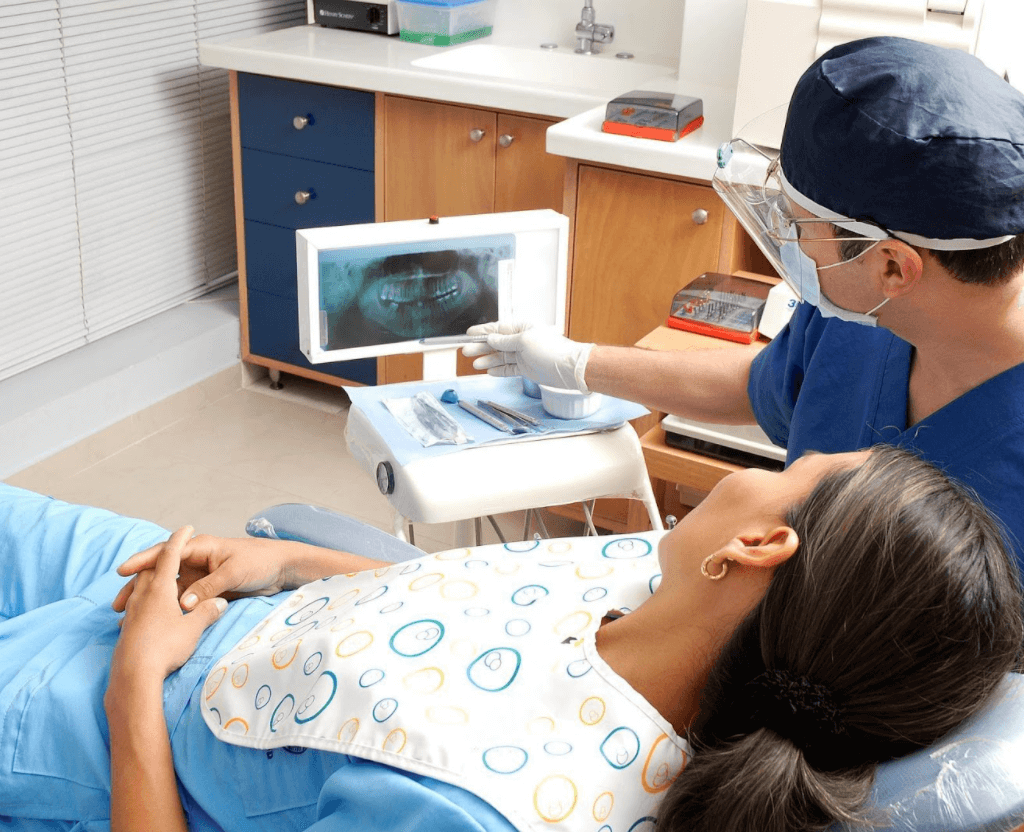Patient safety is essential for any hospital. Lives lost due to neglect not only impact a hospital’s reliability and invite an influx of lawsuits. Human life is precious, and people look towards healthcare facilities to help them safeguard their life.
Therefore, hospitals must take it upon themselves to improve patient care within their walls. Patient negligence encompasses all forms of malpractice, such as incorrect surgeries to not taking care of basic hygiene. With the increase in technology and government-sanctioned funds, hospitals can improve their patients’ way. This article will walk you through some effective measures hospitals can apply to take care of their patients.
The ultimate goal is for patients to always feel safe and secure in the hands of the professional and come back whenever they feel ill. Here’s what hospitals can do to help take care of their patients:
1. Use Monitoring Technology
Healthcare workers are looking after several patients to make sure they get their medicines and their needs met. If hospitals provide health care workers with monitoring technology, it can help nurses and physicians. It will improve healthcare access and reduce the number of errors that may occur due to improper administration. Healthcare monitoring even protects hospital institutions from royal ransomware. Technology can also help patients by providing them with unique barcodes that the staff can use to verify each patient gets the proper treatment.
2. Ensure Patients Understand Their Treatment
Patients need to know what to expect out of their treatment. It means you should inform them about the medication you’ll administer and what side effects to expect. When healthcare workers take the time to explain treatment procedures to their patients, they reduce errors. Here the role of nurses becomes more critical. Nurses treat the patient well and explain the treatment procedure to their patients. That is the reason behind the growing demand for nurses. To meet the latest challenges and fulfill the primary care demands, nurses can upgrade themselves by opting for an online MSN degree while continuing their existing job. After treatment, nurses make sure to teach patients about at-home care and follow-up appointments. It reduces anxiety in the patients, and they patiently go through their treatments.
3. Verify All Medical Procedures
Verifying medications is essential. It will help if a healthcare worker is appointed to make sure that patients get the proper medications. It is necessary since not verifying a medical treatment can easily translate into malpractice. Suppose you need to prepare a patient for surgery. In that case, you need their consent, and you should ask them or their attendants about what part of the patient’s body needs surgery. After that, you should complete all the paperwork properly. Never haste into a treatment procedure but take your time to let your patients or their attendant cross-check information with you. Here the role of the senior nurse involves. They are trained leaders and experts in guiding patients in clinical settings and managing their staff. Their demand is growing rapidly as hospitals and clinics need leadership roles from nurses to manage things effectively. Nurses can opt for a DNP program online to upgrade themselves while continuing their current job.
4. Establish a Team Atmosphere
Patients need to feel comfortable for the duration of their stay. The best way to ensure this safety is to familiarize them with every hospital worker working on their case. There needs to be complete transparency between a patient and their doctor and doctors with their colleagues. It would mean you refuse to withhold any information and let patients decide if they want to refuse treatment. If you continue to bring unfamiliar faces to patients, they may not speak up and not cooperate with doctors. Unless you honestly know how your patient is doing, you’ll never know if you’re on the right track. Also, a poor patient and doctor relationship reflects poorly for the hospital environment.
5. Limit Shifts
The number one cause of patient safety is exhaustion, staff. If employees are overworked, they have the chance of not listening and reading the information correctly. They may even administer the wrong medication without realizing it. Therefore, hospitals should ensure their staff is getting sufficient sleep and not working beyond their capacity. A 30-hour shift is more than enough. If hospitals feel they are understaffed, they should look into hiring more people. They can even encourage hospital workers to learn more skills so they can help their colleagues. Such as, nurses should know how to operate machines to carry out tests such as the EKG machine. This way, the hospital carries on work without disrupting the flow.
Wrap Up
Patient safety is a cause for global concern. More and more patients die because of hospital negligence. Hospitals should use monitoring systems to automate patient care. You should ensure patients should understand the course of their treatment. Make sure before any treatment you wash your hands thoroughly.
It will also help if you cross-check all medical treatments with your patients. Familiarize patients with every healthcare worker who will be caring for them to make sure they’re comfortable. Hospitals should limit shifts to prevent burned-out doctors from accessing patients.

